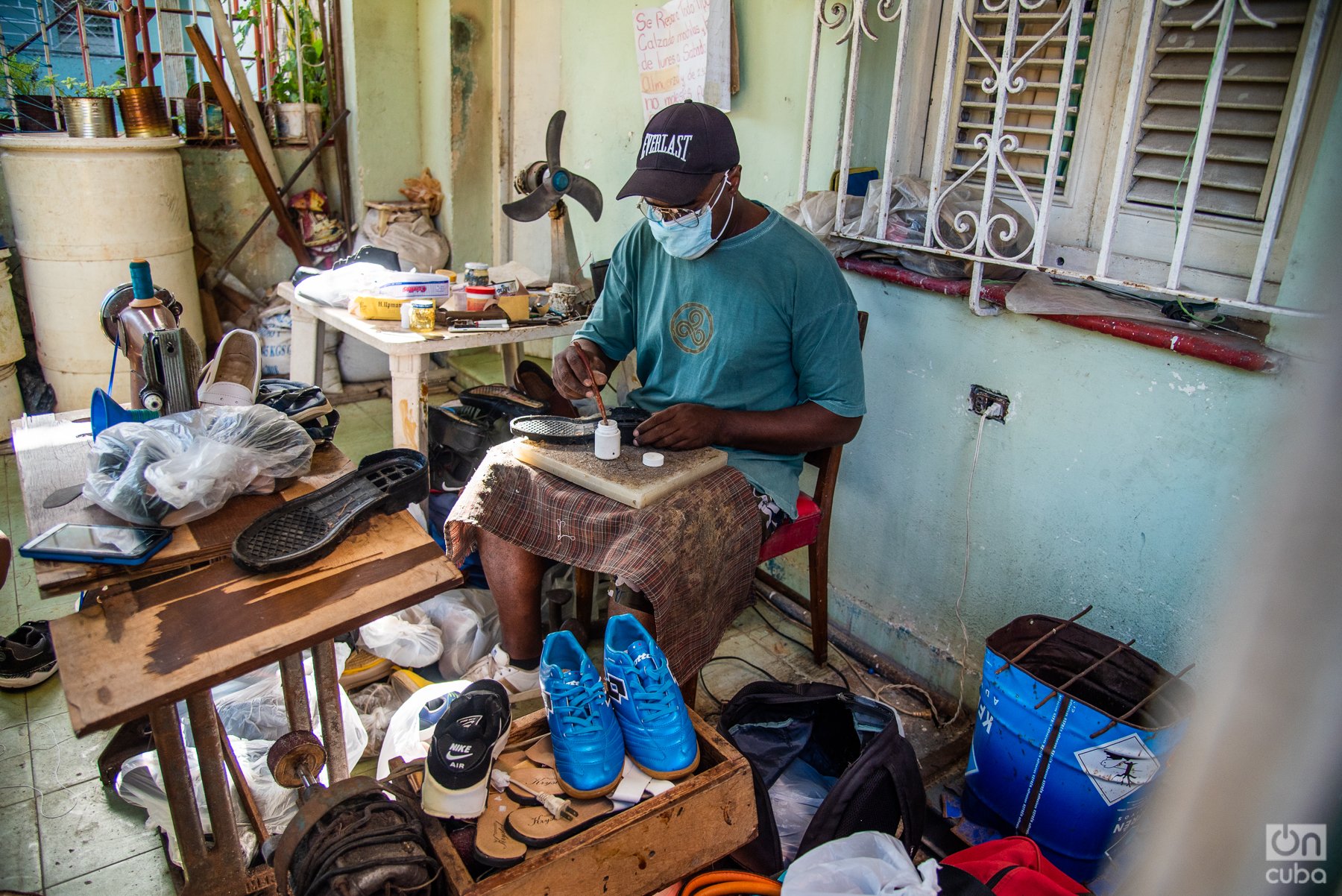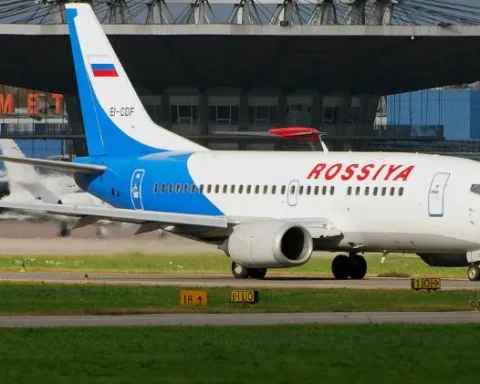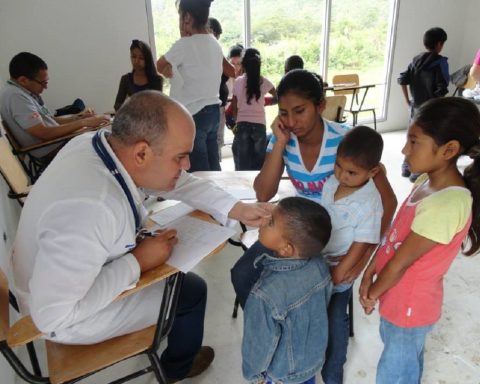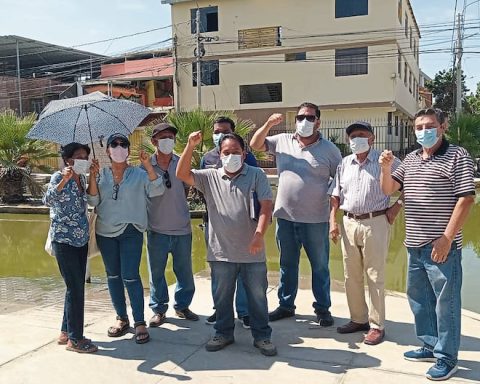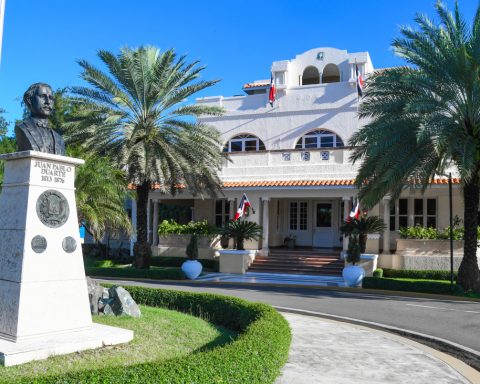Representatives of the micro, small and medium private and state enterprises (MSMEs) and Cuban authorities will participate in the V Ibero-American Forum of Mipymes, which will be held in a hybrid form between November 14 and 15 in Portugal.
The event is an initiative of the Ibero-American General Secretariat and the Council of Ibero-American Entrepreneurs with the collaboration of the Ibero-American Federation of Young Entrepreneurs, according to information from the Cuban Chamber of Commerce reviewed by the Prensa Latina agency (PL).
? Let’s bet on Mipymes for growth and prosperity
Lisbon will host on the 14th and 15th the 5th Ibero-American Forum of MSMEs, where more than 300 experts from all the countries of the region will meet. https://t.co/Io21S2ISQt via @federadiove– FEDECAMARAS (@fedecamaras) November 9, 2022
More than 350 participants from 22 countries in the region will discuss the main challenges faced by MSMEs in the region.
In addition, around 20 speakers and 50 entities will present government initiatives, business associations and public-private partnerships to boost the productivity of companies in the area.
The deputy head of Ministry of Economy and Planning (Mep) from Cuba, Johana Odriozola, will be one of the speakers at the working table on public policies as driving forces of these economic actors, adds the report.
The event’s agenda includes meetings of Secretaries of State and those responsible for SME Policies, as well as business organizations in Ibero-America.
PL specifies that the Ibero-American Survey of MSMEs will also be presented and panels will be held on the opportunities for reconfiguring global value chains, the potential of trade to resume growth and the challenge posed by the digital transformation of MSMEs, among others topics.
The MSMEs in Cuba have been part of the framework of the Cuban economy. Its approval is part of the government’s strategy to update a model with new actors in the private sector, although it still has the socialist state enterprise as the basic structure.
Current legislation provides this type of enterprise with its own legal personality, the possibility of exporting and importing through state entities, although steps have been announced for some non-state entities to carry out foreign trade activities.
So far, MSMEs have been authorized to operate in a wide range of sectors of the economyin activities related to accommodation, beauty services, food production, manufacturing, information technology, logistics and transportation activities, among others.
However, they cannot access spheres considered strategic for the State, such as health, telecommunications, defense and the media.
